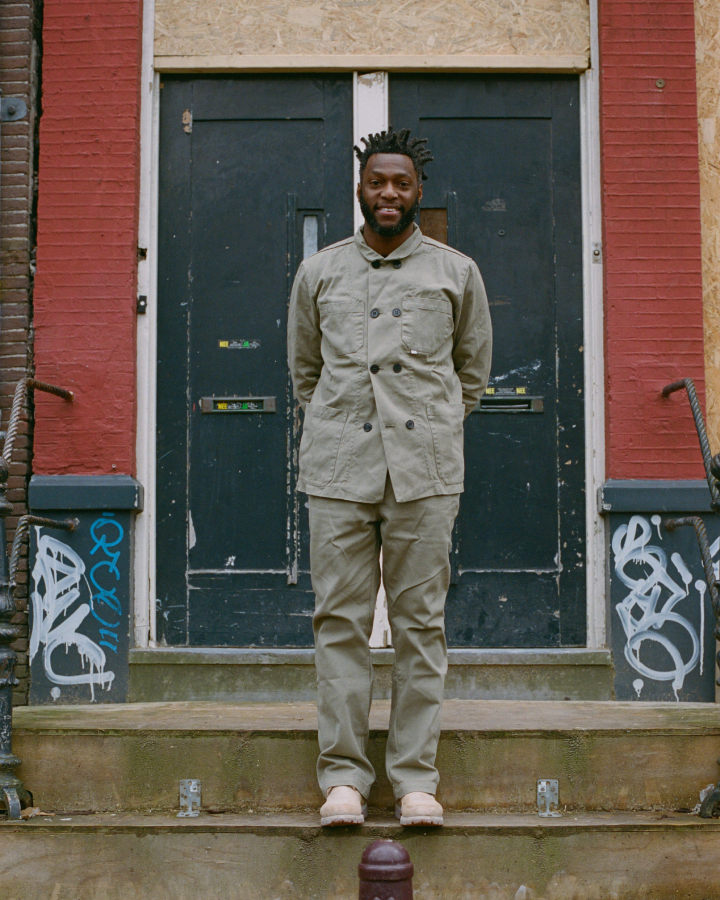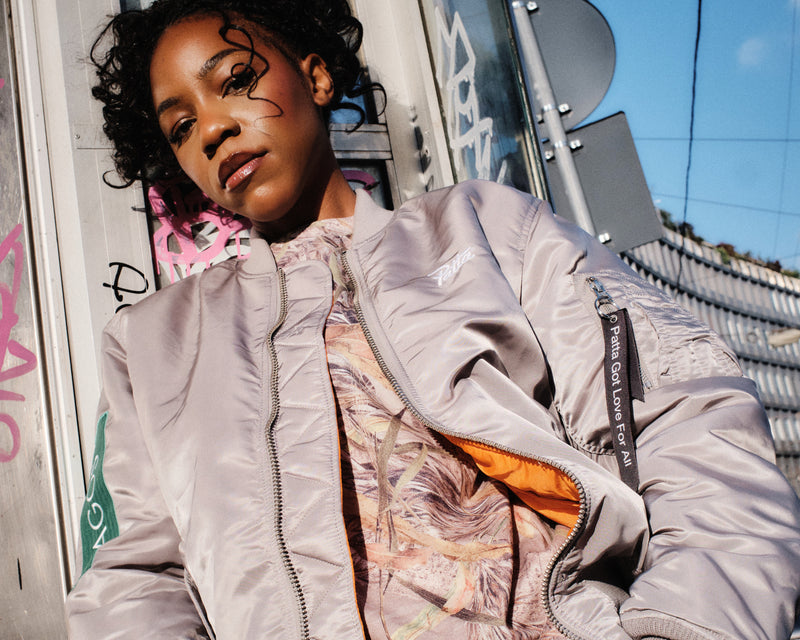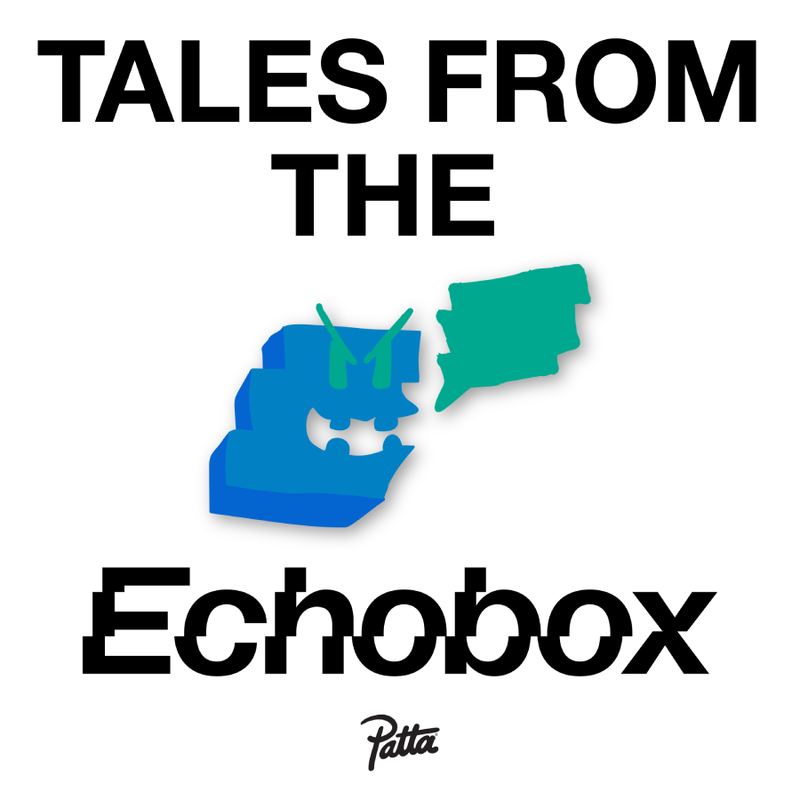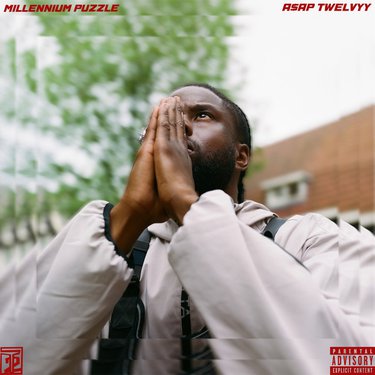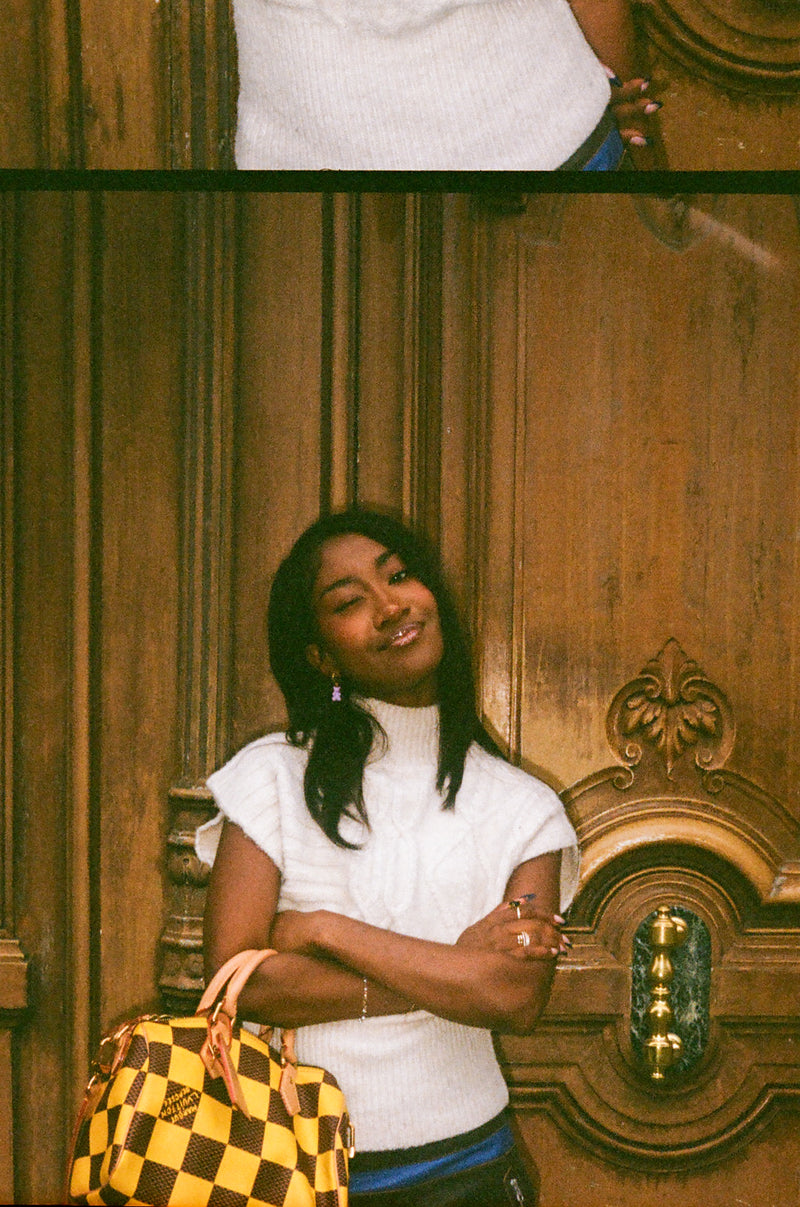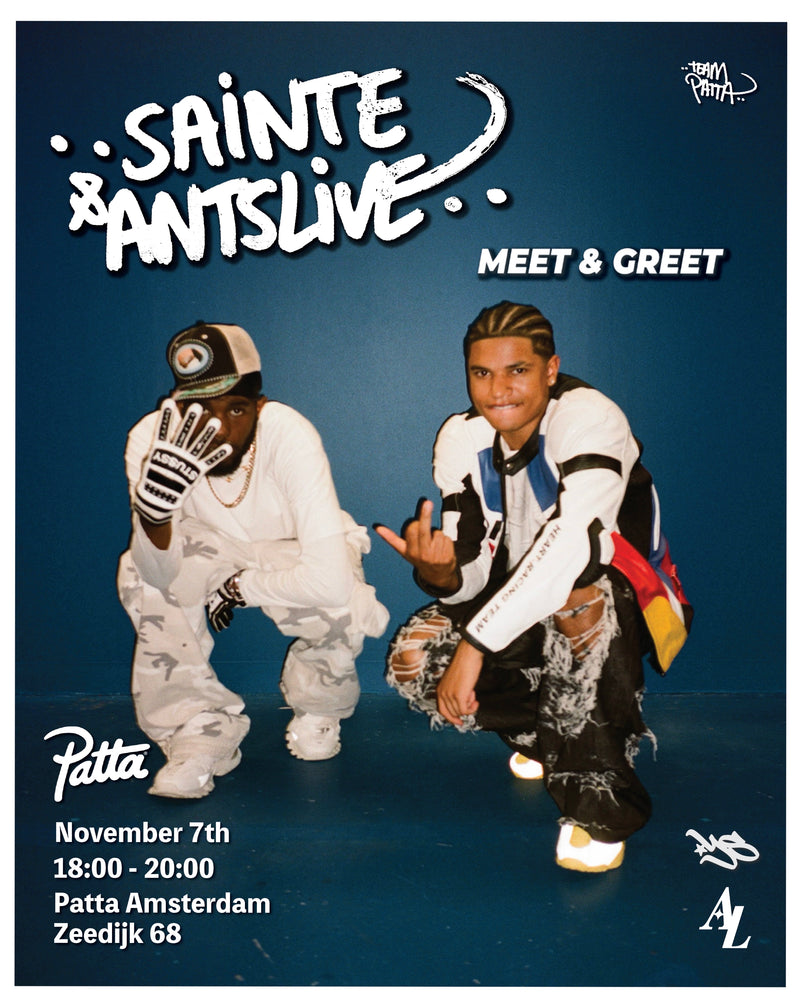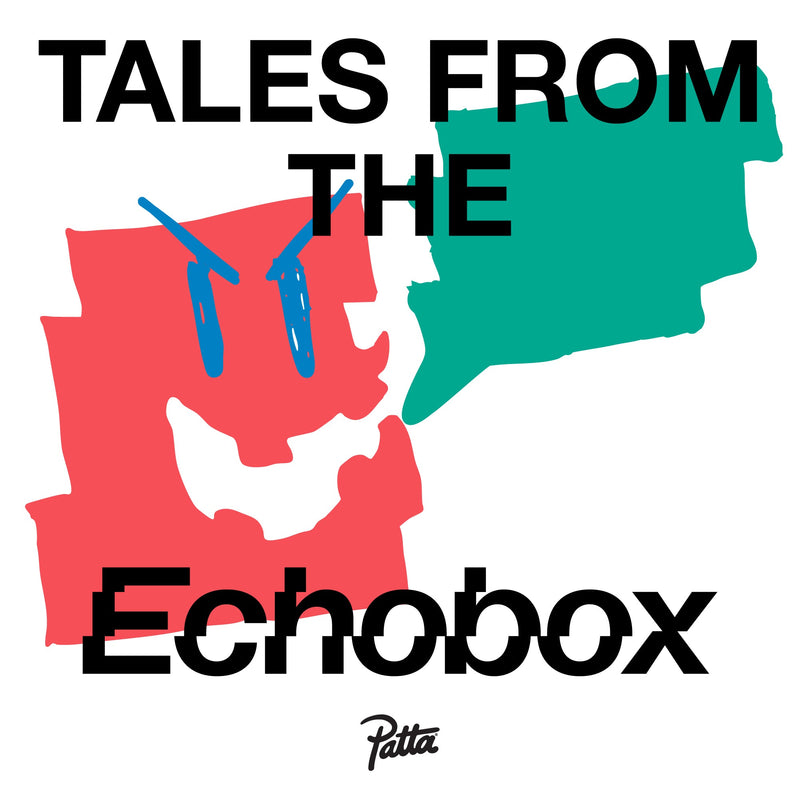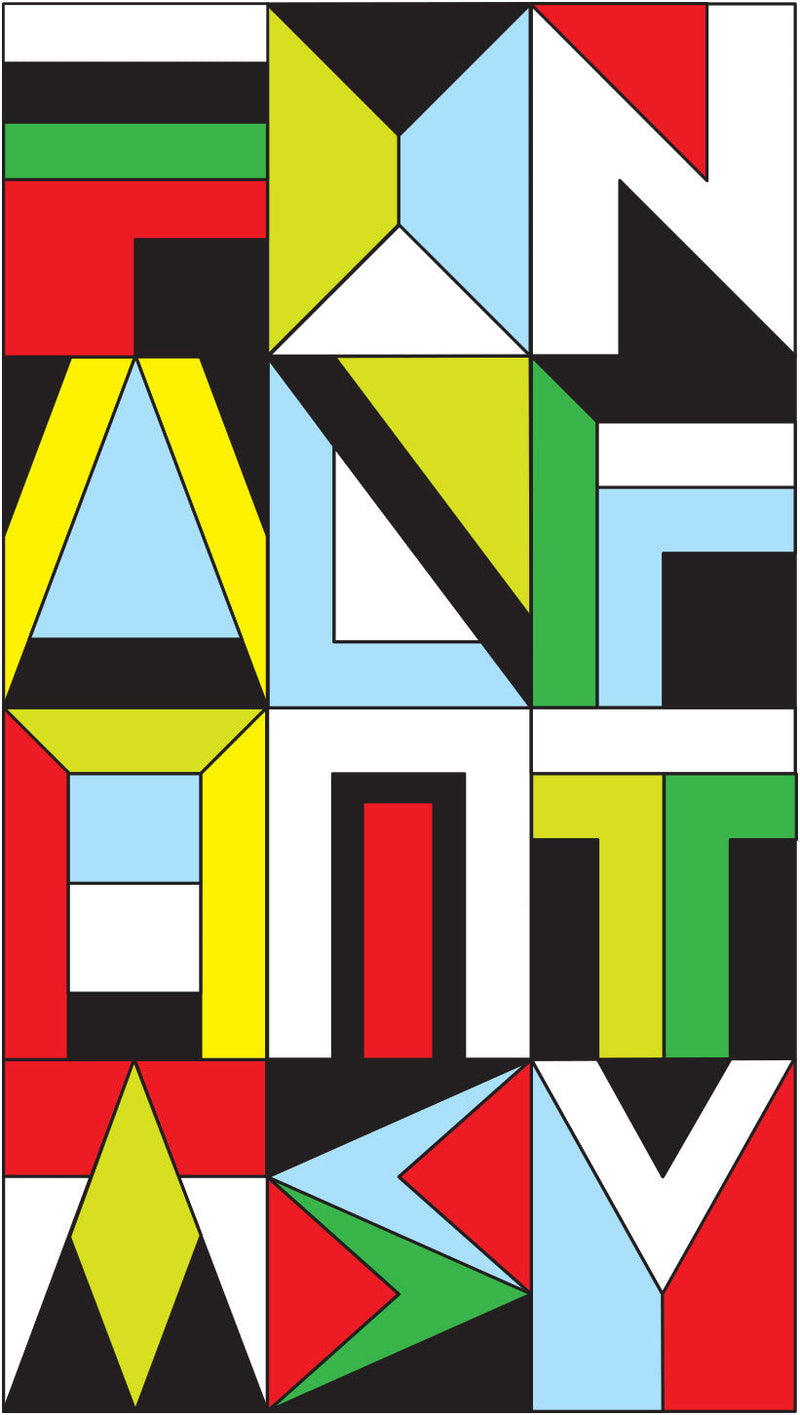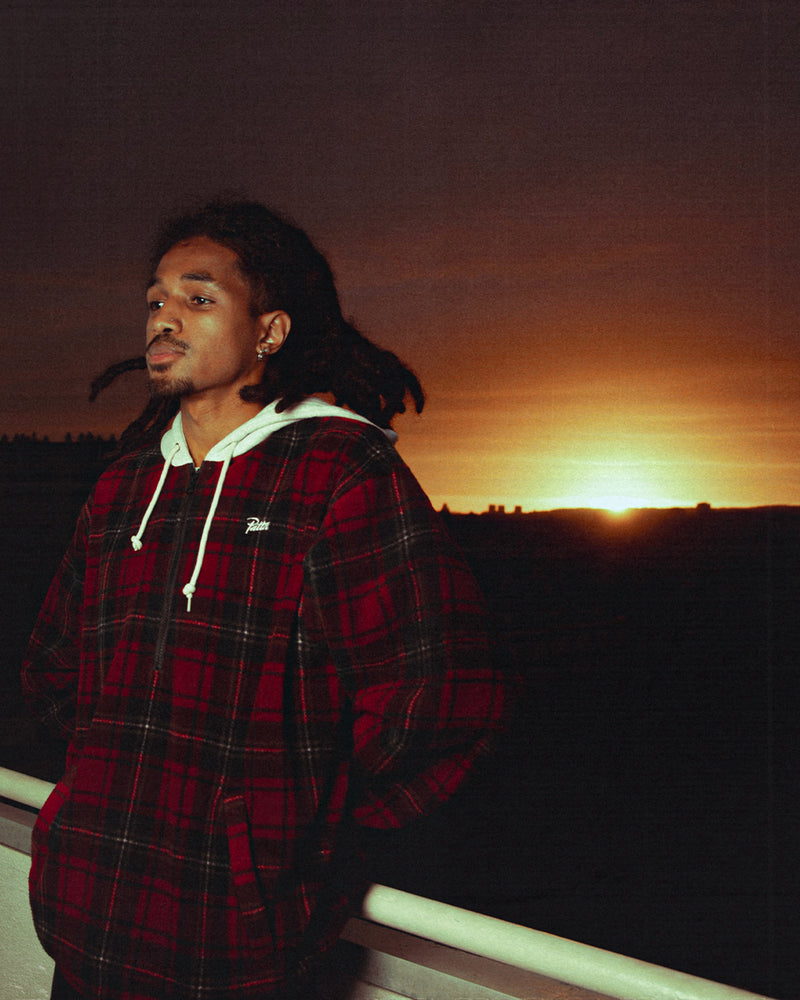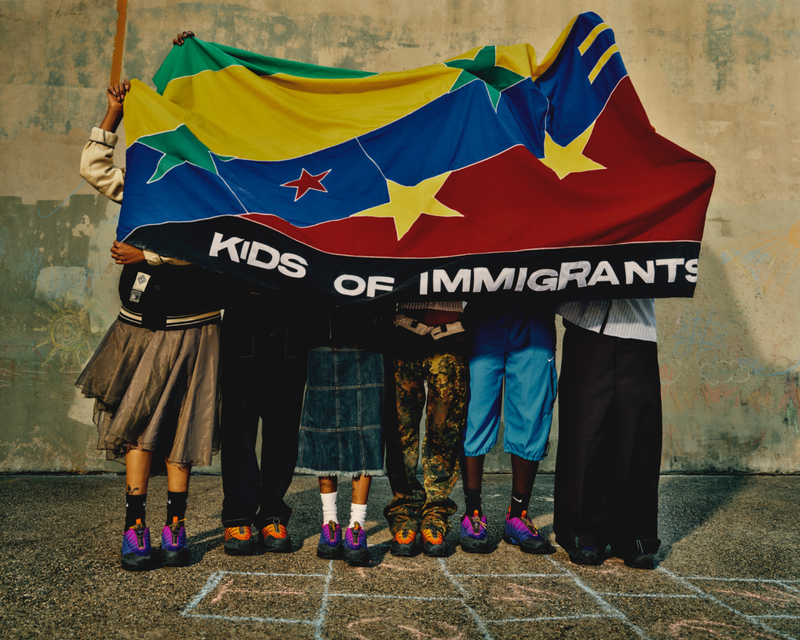
Get Familiar: Panjabi Hit Squad
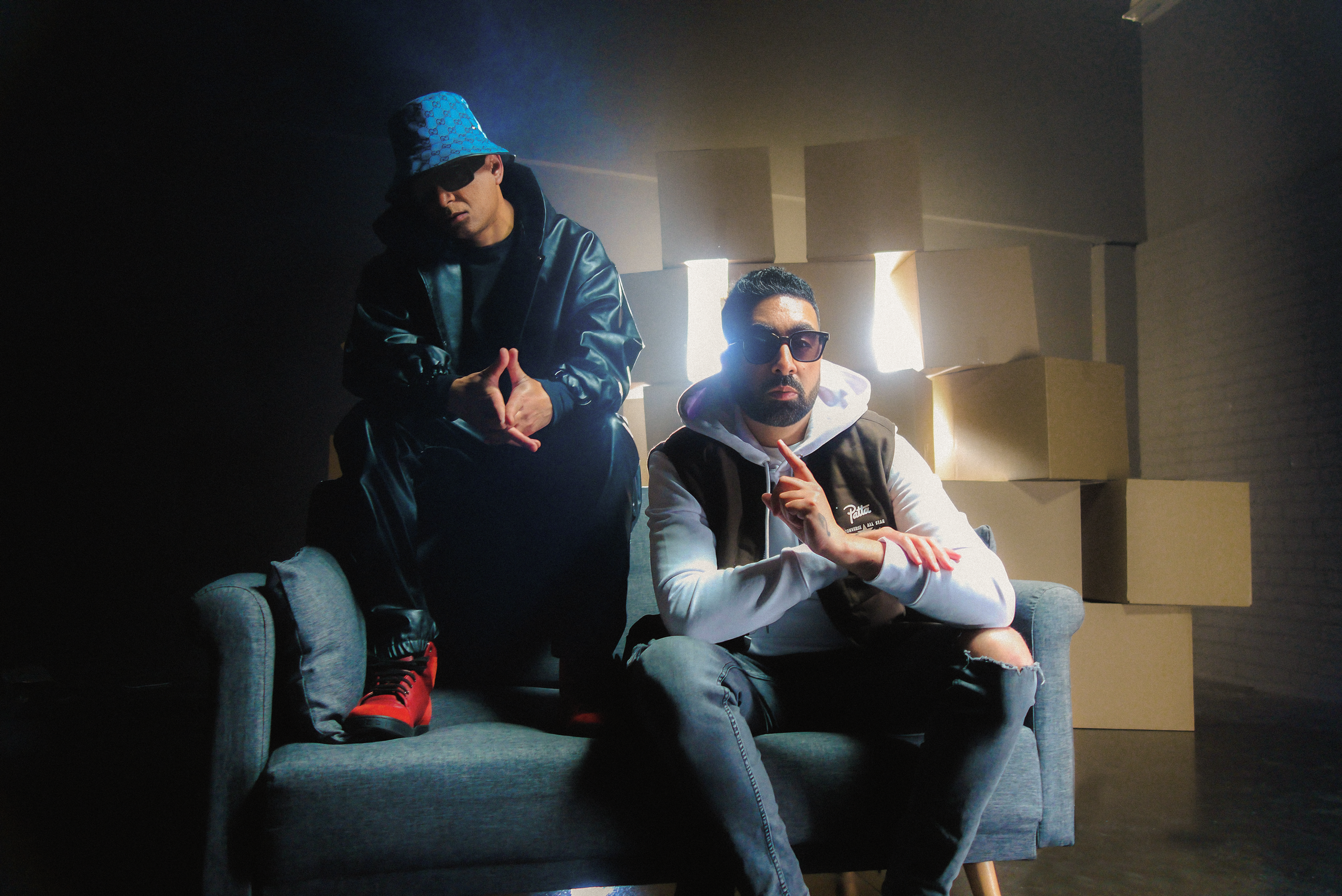
Interview by Passion Dzenga
Get familiar the vibrant world of British music with a duo that has shaped the landscape of the Asian Music Scene. Today, we have the pleasure of introducing the talented Panjabi Hit Squad, comprised of DJs, producers, and radio broadcasters Rav and Dee. With an illustrious career spanning over two decades, these dynamic artists have left an indelible mark on the industry.
Panjabi Hit Squad first burst onto the scene in 2002 when they joined BBC 1Xtra as hosts of the Desi Beats show. Their infectious energy and innovative approach to music quickly garnered attention, leading to a shift in time slots to Thursday nights and a loyal following of fans. Their undeniable talent was recognized by the UK Asian Music Awards, where they took home the prestigious Best Radio DJ award in 2003 and 2005.
Not content with conquering the airwaves, Panjabi Hit Squad expanded their horizons and ventured into the realm of production. They collaborated with notable artists and released albums such as "Desi Beats Vol 1" with Def Jam and worked on projects like Ms Scandalous' "Ladies First" and "Aag." Their ability to seamlessly blend traditional sounds with modern beats and melodies made them pioneers of the widely celebrated Desi Beats sound.
In 2007, the duo embarked on a new chapter in their broadcasting career by hosting their own show on BBC Asian Network. Commanding the airwaves every Saturday from 6pm to 9pm, they continued to captivate listeners with their exceptional music selections and infectious personalities. The accolades kept pouring in, and in 2012, Panjabi Hit Squad clinched the UK AMA for Best Club DJ, solidifying their reputation as masters of the turntables.
Their influence extends beyond the shores of the United Kingdom. Panjabi Hit Squad's mesmerizing mixes have become a staple on every Emirates flight, as they host their own two-hour mix show on the airline's in-flight systems. From the dance floors of the hottest clubs to the skies above, their music knows no boundaries.
Today, we have the privilege of delving deeper into the incredible journey of Panjabi Hit Squad. We'll explore their artistic process, their groundbreaking collaborations, and their unwavering dedication to pushing the boundaries of music. So, sit back, relax, and join us as we uncover the secrets behind the success of these trailblazing DJs and producers.
What earlier adventures in audio led to you two becoming radio lovers?
From the late 90’s there was an explosion of illegal Pirate radio stations in the UK. That fed the streets new music which is what we loved. We started to DJ on a couple of stations and quickly found the love and connection that music can have with people over the airwaves.
Your energy for curation and creation is exceptionally infectious, how do you stay so motivated?
Staying motivated can be challenging at times but social media and the internet open up new opportunities. For us, getting messages, videos, mixes or even searching to find new sub-genres of music, DJs, Soundsystems or just people having an appreciation of our sound really highlights how important the music is. It’s always been our passion to push and promote the best of what our culture has to offer.
What journey took you to where you are, in terms of the aesthetics that you appreciate in music?
We really love Soundsystem culture. Those early Reggae and dancehall sound systems that we would see at Notting Hill Carnival really shaped the way we wanted to be DJs. The importance of how the music should sound, the songs that get played, the timing of when the right songs get played and most importantly the crowd being controlled is always important to us.
What inspired you to pursue a career in broadcasting and how did you get your start in the industry?
Our start in the industry came early in our careers. We were touring across the world and really didn’t have much time available. We had a call from a producer at 1Xtra asking if we would record a pilot show, which we ended up recording at 3 am the day before the deadline. We sent it in and they loved the vibe that we were bringing. We had very little experience before BBC 1Xtra on how to broadcast but wanted to be a part of the journey that 1Xtra was about to take. It ended up being one of the most important decisions of our lives. It did change everything.
Can you tell us about your journey in the music industry, from your start as DJs and producer to becoming radio broadcaster?
We started out as club DJs called Asian DJ Culture (ADC). We built up a hardcore following and learnt to produce our music. We ended up producing a full album that was dedicated to the memory of one of the founders of Asian DJ Culture (Raj Kalyan) who had passed away. Once the album was released, we wanted it to be the closing chapter of ADC but it opened up a new beginning with Panjabi Hit Squad. We built on our previous buzz and started to take things a lot more seriously. People loved the name PANJABI HIT SQUAD and they loved that we were bringing a new style of DJing and developing a sound that wasn’t being heard before. That led us to BBC 1Xtra and replicating what we did in the clubs live on air.
With your Desi Beats label, you have created and pioneered a very unique sound that is also accessible. How did you develop this sound, and how has it evolved over the years?
The sound was an east meets west scenario. Timbaland and Dr Dre were releasing Indian-influenced music and smashing the charts but we had been doing that for over 5 years. We knew that our scene had the producers create music on the same level. Our job was to produce music that not only was authentic but also crossed over. The advantage was that we had a Radio show and it meant the music was being promoted the right way to the right people.
You have produced albums for artists like Ms Scandalous and collaborated with major record labels like Def Jam. How do you balance your work as a producer with your creative endeavours as Panjabi Hit Squad?
We have a bespoke and authentic approach to everyone we do. Our deal with Def Jam, was a legendary moment for South Asians and our scene. The biggest and most iconic label recognising Desi beats was iconic but we had to represent the music in the right way. We made sure that the mix of cultures and sounds was presented right and it worked. When it comes to us working with artists, we need to understand what they stand for and also the story they are trying to tell and be on the same creative path as us. Ms Scandalous is someone who we are the proudest of. She was one of the first female MCs in our scene. Her songs were tearing up clubs but she was also discussing issues that were going on in our communities and for brown women. It was important to help get her voice heard across the world and support her as an artist.
How do you think the music industry has changed since you first started, and what are some of the biggest challenges you face as artists and broadcasters today?
The internet changed the industry with P2P sharing and Napster, Youtube, and iTunes, then came Streaming and now it’s AI. These were all challenges when they started but you also had to understand that the landscape was changing at a rapid rate. We embraced it all and tried our hardest to work and understand the needs of the consumer.
As pioneers in the Asian Music Scene, how do you think your music and message have impacted listeners and fans, and what are your hopes for the future of the industry?
Our message and mission have impacted fans. The music is in such a healthy situation. We have artists performing at some of the biggest stages and festivals in the world, Collaborations with the biggest artists and most importantly the culture is now becoming more widely accepted than ever before.
What advice would you give to up-and-coming artists and producers who are trying to make their mark in the music industry?
Connect with your audience. Concentrate on them having the best experience, whether that’s through radio, live performance or the music you’re putting out. You gain fans by being authentic.
How did your background in the UK's Bhangra scene influence the creation of the 'Desi Beats genre?
The Bhangra scene in the UK influenced us majorly. The Bhangra music genre was still quite traditional. We were mixing it with heavy beats from Hip-Hop, Dancehall, Jungle and garage. We felt our sound needed a new name and Desi Beats was created. Bollywood also played a big part in getting the sound recognised. Those sounds were foreign to your average Hip-Hop listener but when blended right created this amazing sound.
You have won three UK Asian Music Awards, how has this recognition impacted your career?
It’s always great to be recognised for anything you do. For us it meant that what we were trying to achieve with Panjabi Hit Squad was going to plan. The culture and the music were becoming popular and we were playing our part to make sure it reached everyone.
How has your experience as a radio broadcaster for BBC Asian Network and formerly BBC 1Xtra influenced your music career?
The experience of being on the radio had a great influence on what we produce musically. We have an insight into what people want to hear with all the messages we used to receive on the shows. Planning a radio show also helps us to understand the nature of people and how they might be feeling at a certain time of year. This helps to release music for a certain mood.
Can you share with us any upcoming projects or collaborations that you have in the works?
We have a song called ‘Rang’ which is doing well for us. Trying to bring back those 90s RnB & Hip Hop beats but with a new twist. We also are celebrating our seminal record Hai Hai turning 20 this year with a special release and event.
How do you feel about the current state of British-Asian music and where do you see it heading in the future?
British Asian music is in a great space but has also been joined by artists in Canada, USA and Europe. It now feels like a new force coming together to take over the music sphere. We have artists performing Panjabi Music on global stages, non-south Asian DJs playing panjabi songs in their DJ sets and also south Asian artists now making great roads into other musical genres. It’s what we’ve been pushing for our whole career.
What advice would you give to aspiring British-Asian DJs and producers looking to break into the industry?
Always be authentic, you can’t sell something that you don’t believe in.
Use social media to your advantage and connect with your audience. 100 followers that interact with you are better than 1000 that scroll past.
Produce the best art you can and keep learning.
How important do you think it is for British-Asian artists to continue representing their culture in their music?
It’s the most important thing ever. Our culture and music have given opportunities to many people and it’s important that get remembered and acknowledged any time we are on stage, behind a microphone or in the studio.
